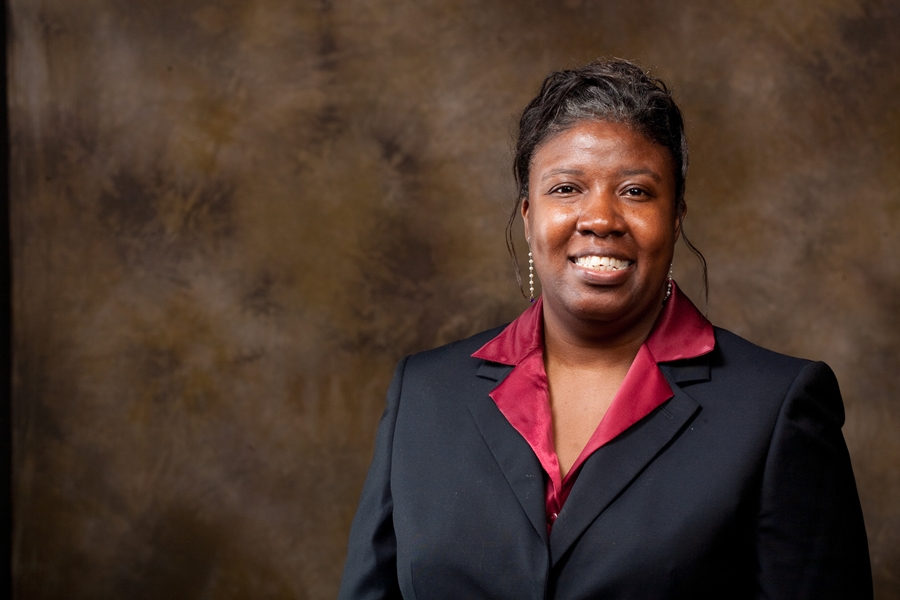FAYETTEVILLE, Ark. – Not all workplace supervisors have a thorough understanding of discrimination laws that protect minority and other protected classes of workers, according to new research from the University of Arkansas.
The researchers found that while most focus groups participants were familiar with the concepts, one third could not list all the types of protected class employees. When asked if they had observed others in their workplace being “recklessly stubborn against application of laws and orders protecting employees in the workplace,” half said they had.
Protected classes are groups of people identified and protected by federal law, based on race, color, national origin, sex, religion, age, disability, and family medical history and genetic information.
Claretha Hughes, professor of human resource and workforce development, and Lucy Brown, clinical assistant professor of journalism, conducted focus groups of professionals with supervisory experience from a range of fields, including corporations, non-profits and academic institutions. Their findings were published in June in Advances in Developing Human Resources.
Hughes said an understanding of protected class employees is fundamental to diversity intelligence, the ability to understand the value of diversity in the workplace and use that knowledge to guide thinking and behavior. Intellectual intelligence, emotional intelligence and cultural intelligence are all recognized as important qualities for workplace leaders, and can be quantified using research-validated tools. Hughes’ goal is to create a similar tool to evaluate diversity intelligence.
“My ultimate goal is to help leaders see each individual employees based on merit,” she explained. “Embracing diversity intelligence is a real advantage, because it promotes optimum contribution among all employees.”
About the College of Education and Health Professions: The College of Education and Health Professions offers advanced academic degrees as well as professional development opportunities and learning communities in service to the education and health systems of Arkansas and beyond. The college provides the education and experiences for a range of professional roles, ranging from community mental health counselors to school teachers and leaders. Programs in adult and higher education, along with educational technology and sport management, and human resource and workforce development, offer a broad range of options. In addition to education-related opportunities, the college prepares nurses, speech-language pathologists, health educators and administrators, recreation professionals, rehabilitation counselors and human performance researchers.
About the University of Arkansas: The University of Arkansas provides an internationally competitive education for undergraduate and graduate students in more than 200 academic programs. The university contributes new knowledge, economic development, basic and applied research, and creative activity while also providing service to academic and professional disciplines. The Carnegie Foundation classifies the University of Arkansas among only 2 percent of universities in America that have the highest level of research activity. U.S. News & World Report ranks the University of Arkansas among its top American public research universities. Founded in 1871, the University of Arkansas comprises 10 colleges and schools and maintains a low student-to-faculty ratio that promotes personal attention and close mentoring.
Topics
Contacts
Claretha Hughes, Professor of Human Resource and Workforce Development
College of Education and Health Professions
479-575-2047,
Camilla Shumaker, director of science and research communications
University Relations
479-575-7422,
